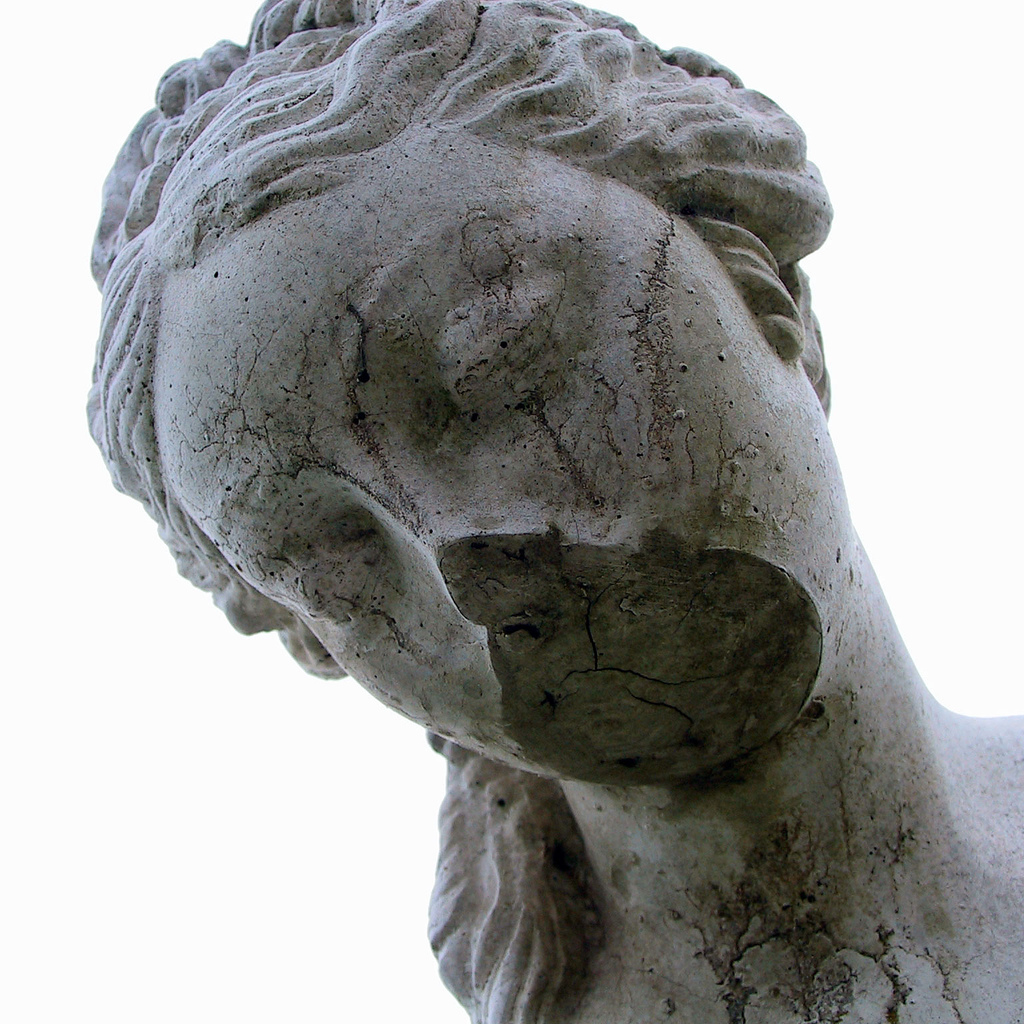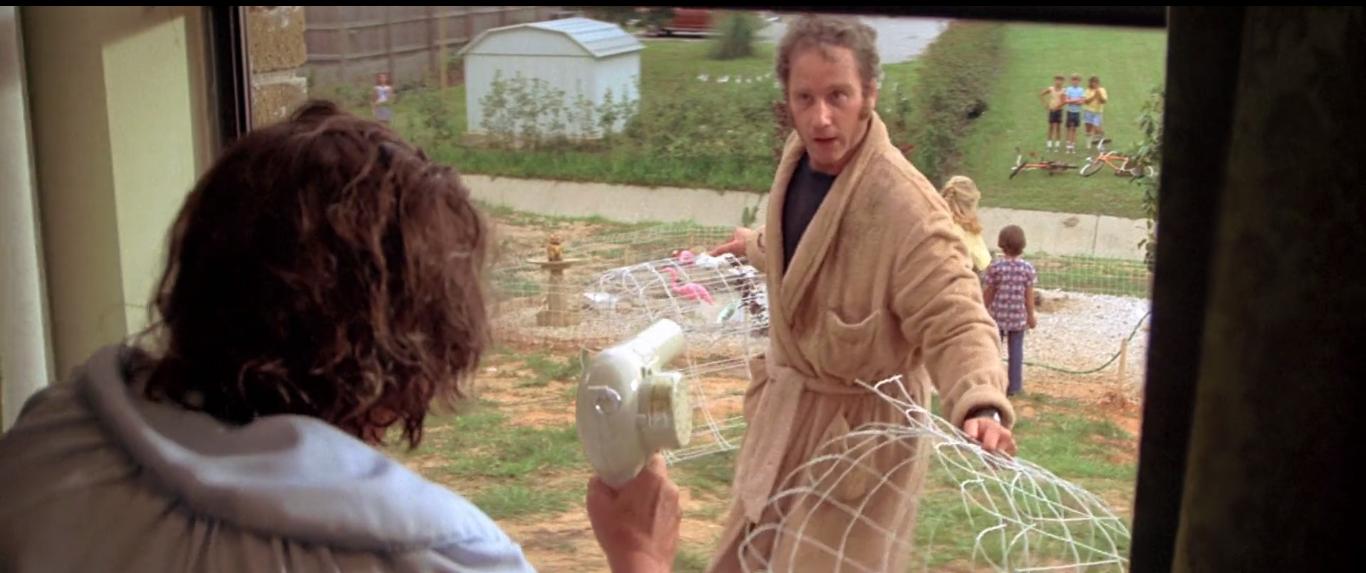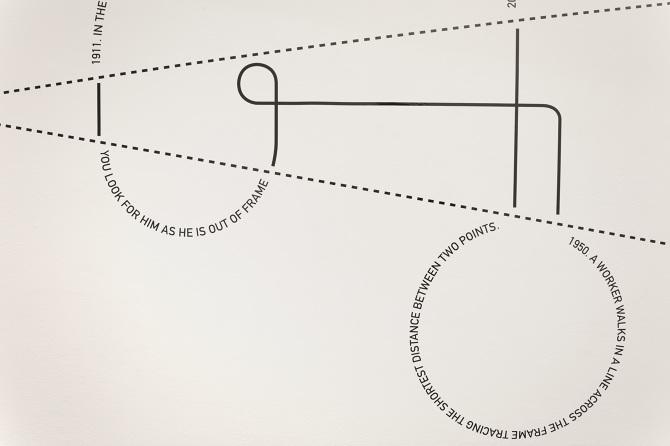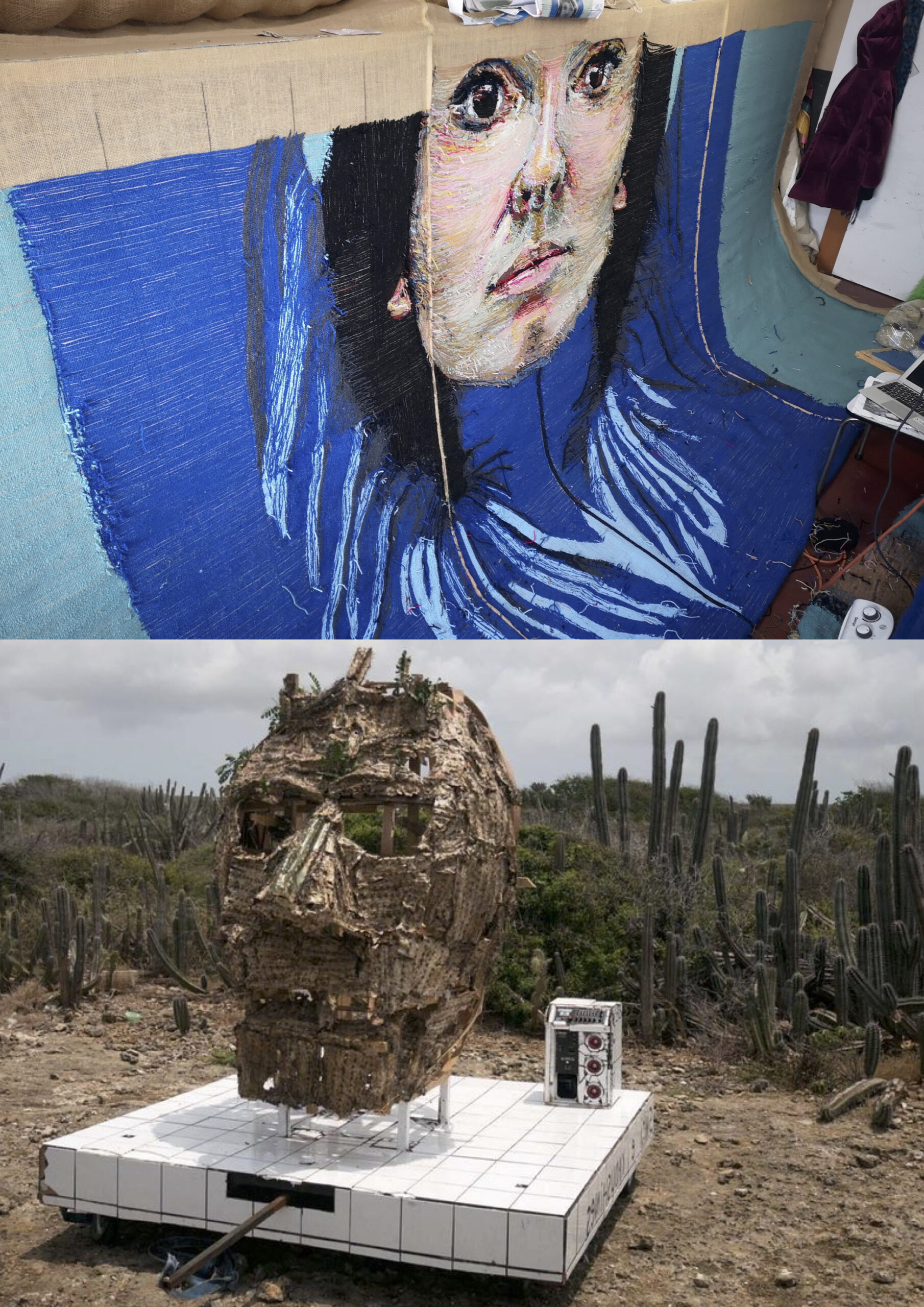lecture, performative publishing, research center
Close Encounters series A dialogue on Active Archives
27 January 2018 / Manchesterstraat 17 - 1080
Nicolas Malevé / Femke Snelting
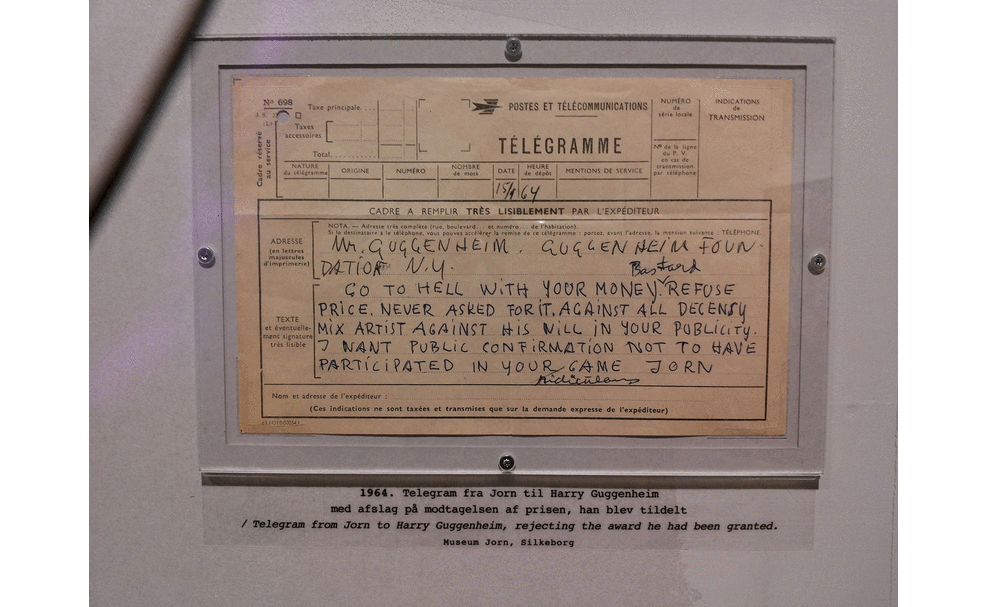
Active Archives
Close Encounters @ a.pass End-Communications
This month, two Close Encounters take place during the a.pass End-Communication event, an event dedicated to a.pass researchers presenting their research at the end of the post-masters program.
Saturday January 27th, 15:00-18:00 @ Manchesterstraat, 17 – 1080 Brussels
A DIALOGUE ON ACTIVE ARCHIVES WITH NICOLAS MALEVE AND FEMKE SNELTING
“Within Active Archives, we aim to set up multi-directional communication channels, and are interested in making information circulate back and forth. We would like to give material away and receive it transformed: enriched by different connections, contexts and contradictions.”
(Manifesto for an Active Archive, 2006)
As a young institute for artistic research, a.pass currently reflects on modes of documenting, archiving, publishing and sharing. These modes should mirror its criticality, singular modes of operation, agonistic environment and ongoing reformulation of tools, practices and research. Moreover, the institute is concerned with a complex equation: how to develop an attitude towards archiving and dissemination that combine a critique of the usual institutional ‘archival reason’, while producing and sharing readable (structured) ‘forms of knowledge’? Or, how to avoid and/or assume commodification, reification and authority while documenting and archiving polymorph artistic research practices and discourses? Ultimately a.pass wants to engage with documenting, archiving and disseminating -independent and experimental artistic research practices- to produce an ecology of text critique and to find inventive modes of co-operation and fair technological practices interlacing politically in non-innocent and least toxic ways. In the context of these current reflections and within the series Close Encounters, Nicolas Malevé and Femke Snelting both invited by a.pass researcher Pierre Rubio will discuss the long history of Active Archive, as a case study and exemplary project/practice.
Active Archives started in 2006 as a Constant project, out of concern with the digital archiving and publishing practices within, and between cultural institutions. The project functions as a context for the development of tools and practices that provide a real possibility for sharing. It creates environments where ‘letting go’ is acknowledged as a necessary and desirable gesture. Active Archives has evolved through different projects/forms, and is currently activated by Michael Murtaugh and Nicolas Malevé in the context of the Scandinavian Institute for Computational Vandalism .
What can the different iterations of Active Archives tell us about the condition of engaged artists-researchers-archivists? What were the historical conditions that stimulated its genesis? And after all these years -punctuated by profound technological, cultural and institutional changes- how is its evolution, topicality and relevance today?
Nicolas Malevé
Visual artist, computer programmer and data activist, who lives and works between Brussels and London. Nicolas Malevé is currently working on a Phd thesis on the algorithms of vision at the London South Bank University. He is a member of Constant and the Scandinavian Institute for Computational Vandalism. In the Active Archives project, with Michael Murtaugh, he is experimenting with techniques to engage with large collections of visual materials and explore different ways to navigate and question them. Nicolas studies the mutation of the archive in a digital context. How the evolution of machine learning influences computer vision when these techniques are applied on large collections of images. And in this context, how it affects the relationship between training data and the design of algorithms. Nicolas researches how these elements question the supremacy of the human eye in the visual field and how the redefinition of the archive implies to take into account a larger amount of agents, human and non-human for the circulation of visual content. These last five years, Nicolas contributed to exhibitions (documenta12, Kassel; Kiasma, Helsinki), research events (“Archive in Motion”, University of Oslo; Document, Fiction et Droit, Fine Arts Academy, Brussels), and has published in publications by MIT Press and Presses Universitaires de Provence.
Femke Snelting
Femke Snelting works as artist and designer, developing projects at the intersection of design, feminism and free software. In various constellations she has been exploring how digital tools and practices might co-construct each other. She is member of Constant, a non-profit, artist-run association for art and media based in Brussels. Since 1997, Constant generates performative publishing, curatorial processes, poetic software, experimental research and educational prototypes in local and international contexts. With Jara Rocha she activates Possible Bodies, a collective research project that interrogates the concrete and at the same time fictional entities of “bodies” in the context of 3D tracking, modelling and scanning. She co-initiated the design/research team Open Source Publishing (OSP) and formed De Geuzen (a foundation for multi-visual research) with Renée Turner and Riek Sijbring. Femke teaches at the Piet Zwart Institute (experimental publishing, Rotterdam) and is currently curator of the Research Centre at a.pass.
Sign up for this event.